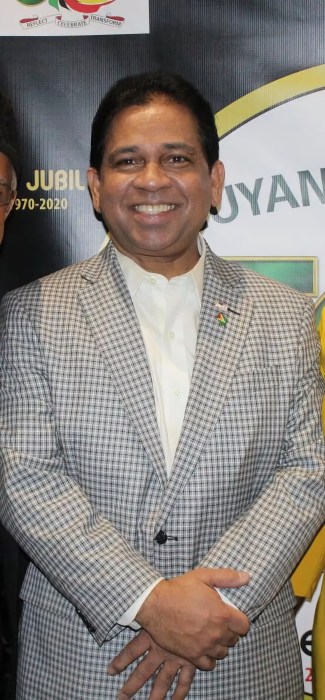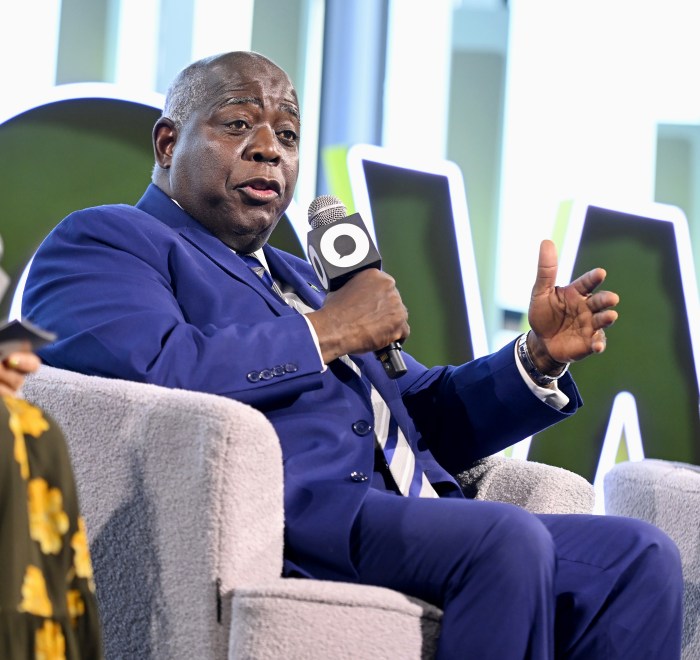Kamla Persad-Bissessar’s cabinet in Trinidad bears several new faces this week following the spectacular sacking of its two of its most high profile and controversial ministers in a witness tampering scandal that has put the government on the political back foot just months before general elections are constitutionally due.
National Security Minister Gary Griffith and Attorney General Anand Ramlogan were both shown the door after it became clear that the two had been involved in an effort to have a witness withdraw his statement in a defamation suit involving Opposition Leader Keith Rowley.
Both had denied doing so until David West, recently appointed by the prime minister to head the police complaints authority, swore in statement that Ramlogan and Griffith had contacted him regarding the issue and after the police administration announced that it had begin a criminal investigation into the actions of Ramlogan.
Griffith said he had become involved inadvertently but pointed fingers directly at Ramlogan contending that the departed AG was not so innocent.
Until his demise in disgrace at the start of the week, Ramlogan had been the acknowledged political bulldog of the Multi Party People’s Coalition Government, which polls show might likely run the oil and gas-rich, twin-island republic with Tobago for possibly only one term. The umbrella bar association of which he was the ceremonial head, was among groups that had called for his head.
Griffith on the other had had become increasingly belligerent with outlandish statements and paid the price for his involvement in the scandal.
His departure means that he is the fifth person to be have been dismissed or forced out of the national security portfolio in five years and is one of the 15th cabinet ministers fired during the period.
Three others resigned on their own volition, while at least six government appointees have quit the Senate or upper house during the same period.
The latest developments have dented confidence of PP supporters in the administration and its chances of winning a second term given the level of political volatility in the cabinet and its battles to suppress constant upheavals involving senior ministers.
For his part, Rowley, the leading island politician fancying himself to be the next prime minister of Trinidad, argued that no sane nation could continue along such an uncertain and turbulent road, suggesting that a fresh attempt to determine who should lead the country should be organized immediately.
“In any serious country with this kind of development where the government has collapsed in this way, anybody wanting this country’s interest to be of paramount will call the general election and have a new cabinet sworn in and let sanity prevail and public interest and public business handled in a sane and sober way,” said Rowley.
Persad-Bissessar in her 2,000-word odd address to the nation, appeared to say she had been blindsided by the involvement of the ministers.
“The question is whether the minister was not under an obligation to inform me, as the prime minister, that he made such a call (to West). The situation would have been very different had such a request not been made and this matter been brought to my earlier attention. I cast no aspersions on the capacity or performance of those that hold these positions, but cannot have these offices be so embroiled in conflict and controversy eroding public confidence in the institutions which they lead,” she said.
Apart from the dismissal of the two, the prime minister was forced to fill their places and to appoint a few others including ex-national footballer Brent Sancho to be the new sports minister following the dismissal of Anil Roberts in the heat of a ganga smoking and sports financing scandal.
























